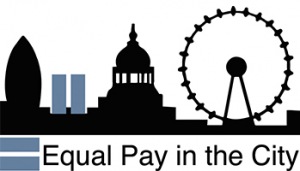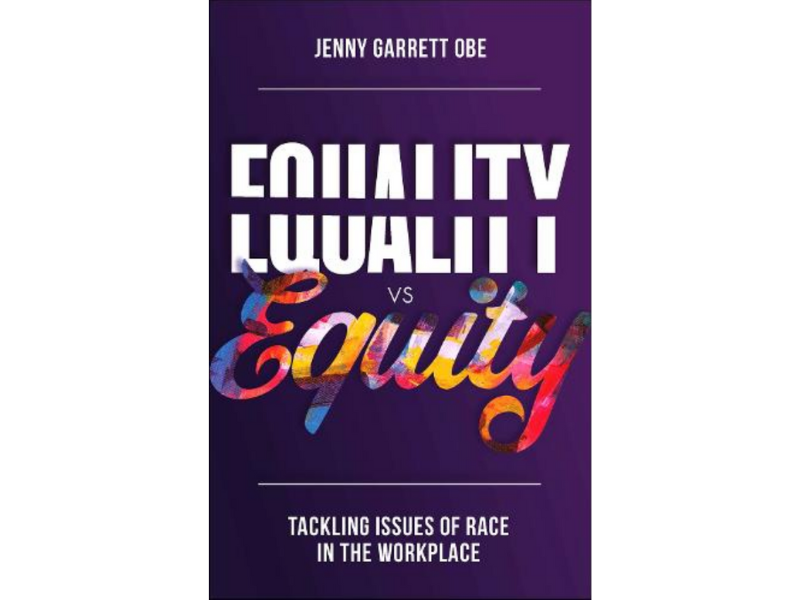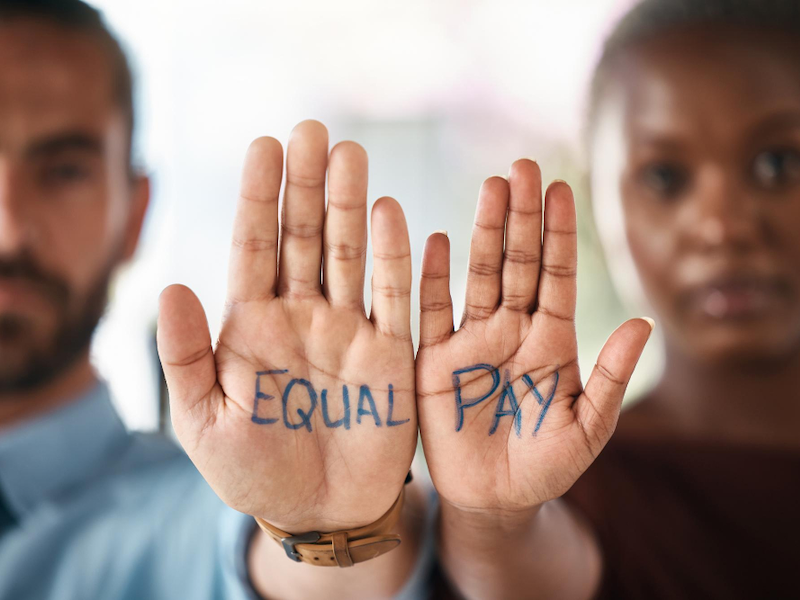 The film and musical Made in Dagenham have made equal pay topical again. Made in Dagenham tells the story of female sewing machinists who went on strike because Ford categorised their jobs as less skilled than male jobs. The Labour government intervened. The women got higher pay rates and ultimately, in 1970, Barbara Castle persuaded Parliament to pass the Equal Pay Act.
The film and musical Made in Dagenham have made equal pay topical again. Made in Dagenham tells the story of female sewing machinists who went on strike because Ford categorised their jobs as less skilled than male jobs. The Labour government intervened. The women got higher pay rates and ultimately, in 1970, Barbara Castle persuaded Parliament to pass the Equal Pay Act.
The equal pay cases which followed frequently had unexpected consequences. Julie Hayward was the first claimant to take advantage of the Equal Pay (Amendment) Regulations) 1983. Those regulations allowed women to claim equal pay for work of equal value, as opposed to just equal pay for the same work. Julie Hayward worked for Cammell Laird as a cook in their staff canteen. She claimed equal pay with men such as painters and joiners working in the shipyard. The Employment Tribunal, the Employment Appeal Tribunal and Court of Appeal all refused to award her the same wages on the basis that her package, taken as a whole, was as favourable as that of the men. (She got sick pay the men didn’t get and free meals because she worked in the staff canteen.) Eventually the House of Lords held that the law entitled Julie Hayward to equality in each aspect of her remuneration, so she was entitled to equal wages.
Similar unexpected consequences may be about to happen again with new equal pay Regulations. The Equality Act 2010 (Equal Pay Audits) Regulations 2014 came into force earlier this month on 1 October. Despite the long title the principal effect of the Regulations is simple. It is that an employer who loses an equal pay claim can now be ordered to carry out an equal pay audit and publish it on its website.
This is a frightening prospect for some employers, particularly investment banks in the City of London which have traditionally argued that pay, and particularly bonuses, should be kept confidential. The Fawcett Society reports that the difference between female and male pay in the City can be as high as 55%.
Employers will want to settle valid claims rather than risk having to publish salaries and bonuses. That should make it much easier for claimants to enforce their right to equal pay – easier than it has ever been in the City before now.
An investment bank which loses an equal pay claim now faces not just the cost of making up the difference in pay for one woman, but the possibility of an audit, of having to publish what employees earn, including bonuses, (something which has often been a well guarded secret hitherto), and of having to make up pay for all the women who have been underpaid.
These new regulations have been largely ignored in the media but they provide determined women in the City with an opportunity to dramatically increase their pay and to recover arrears of pay for years of past service. It obviously won’t be easy to bring a claim and see it through to an Employment Tribunal. Having said that we see helping claimants through stressful litigation as an essential part of the service we provide to them.
One reason why we believe that the new regulations will make such a difference is that, in our view, they make it very unlikely that banks and City institutions will want to fight claims at Tribunal. If you would like to know more about the new regulations or how we can help you please visit Equal Pay in the City or email [email protected].








